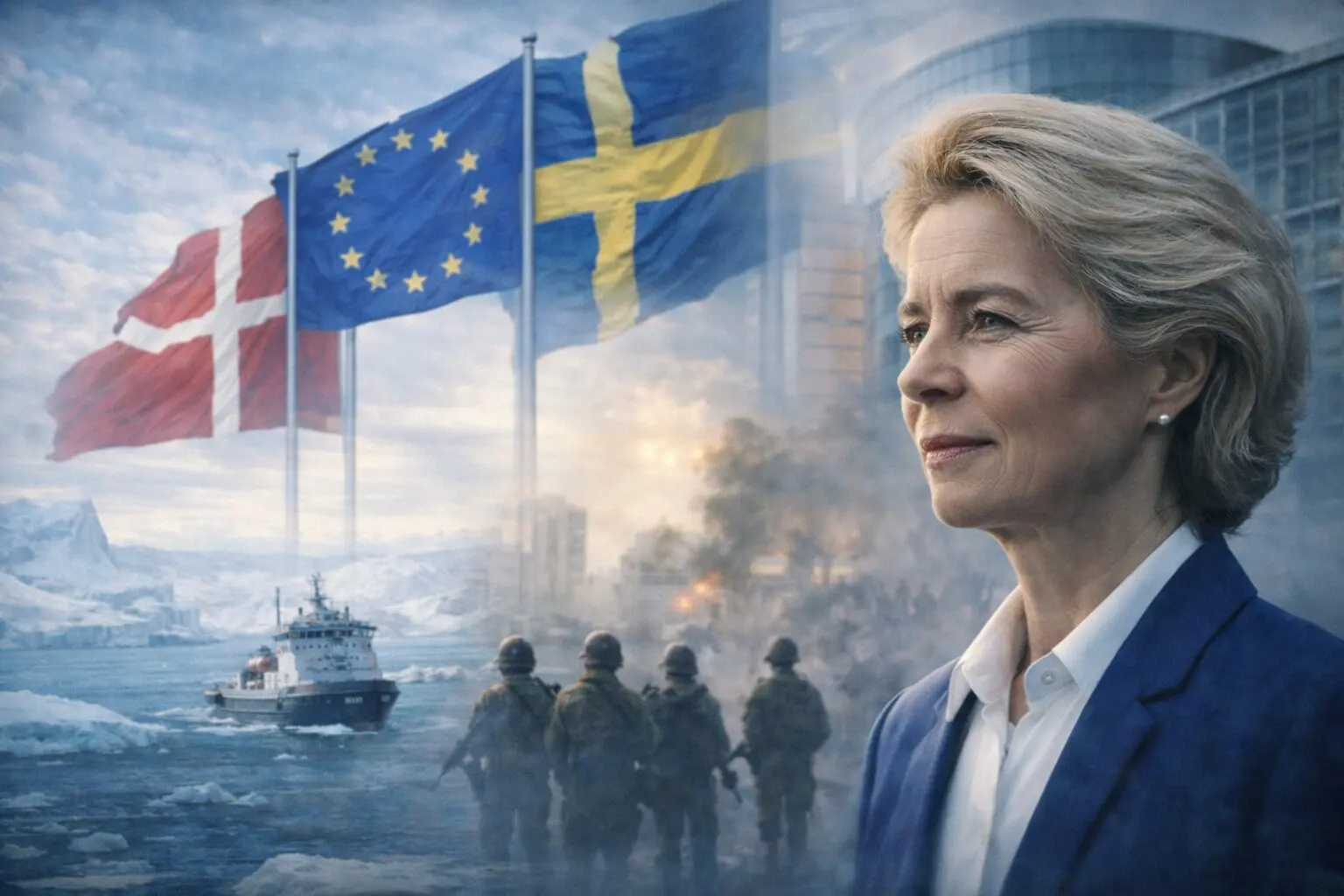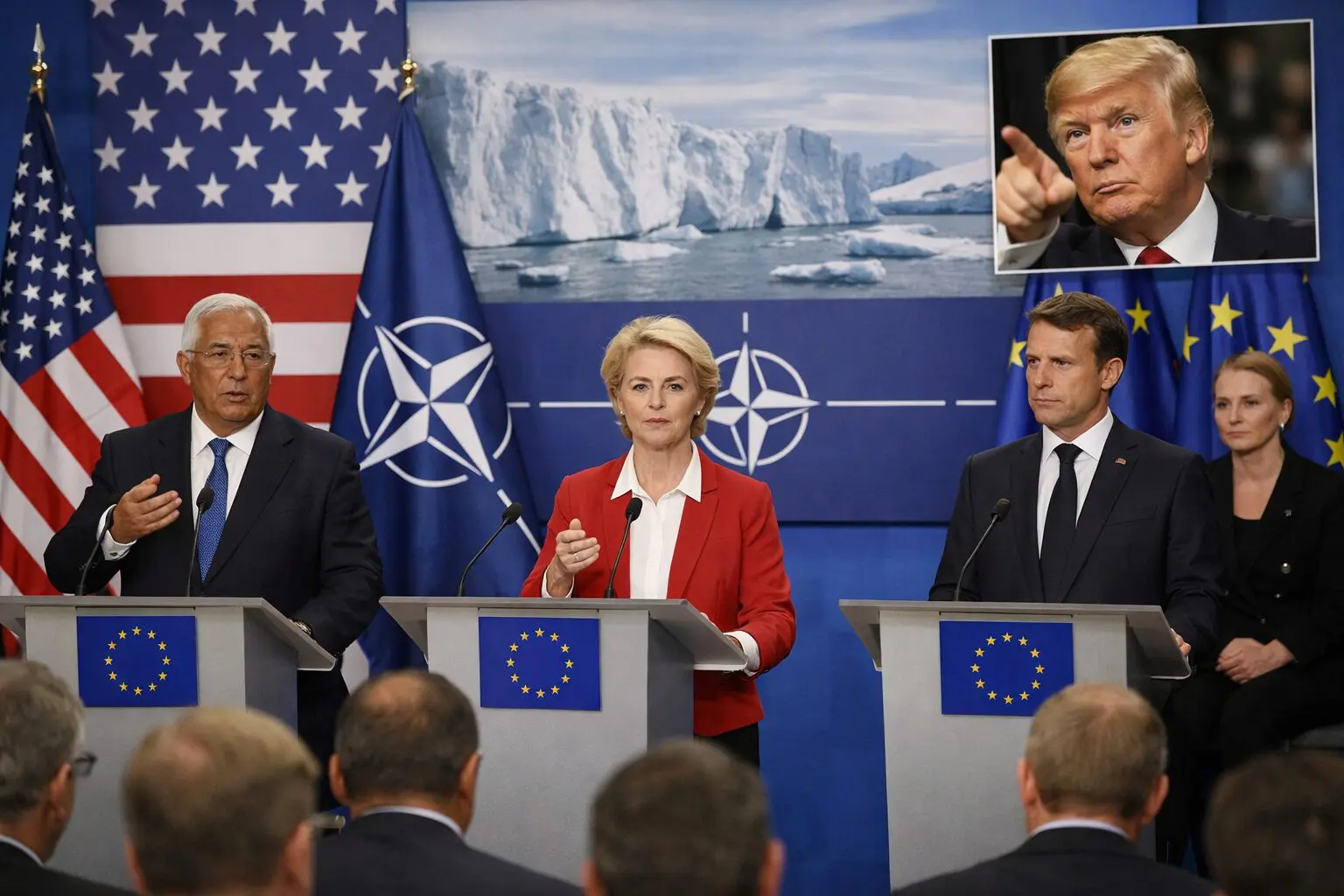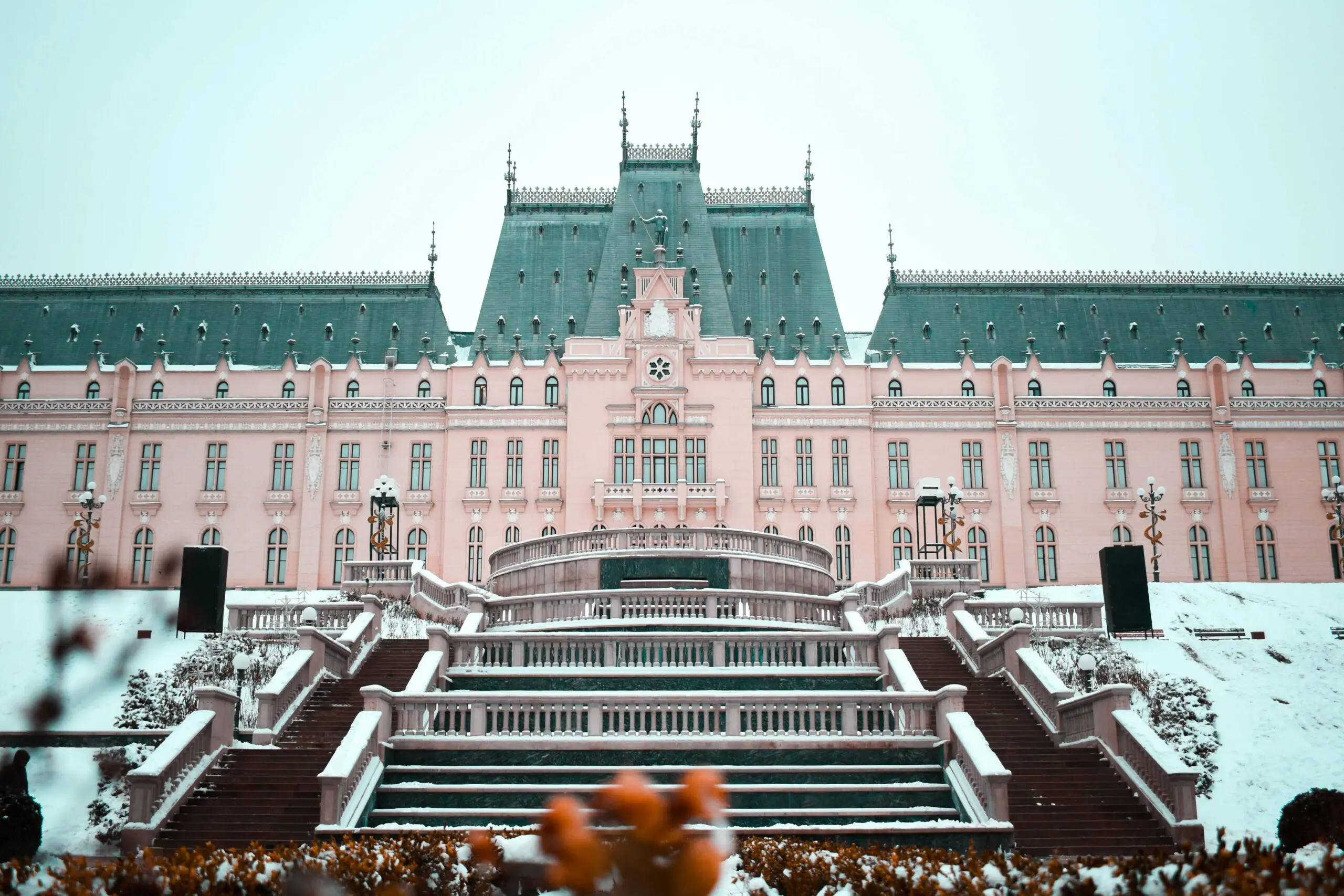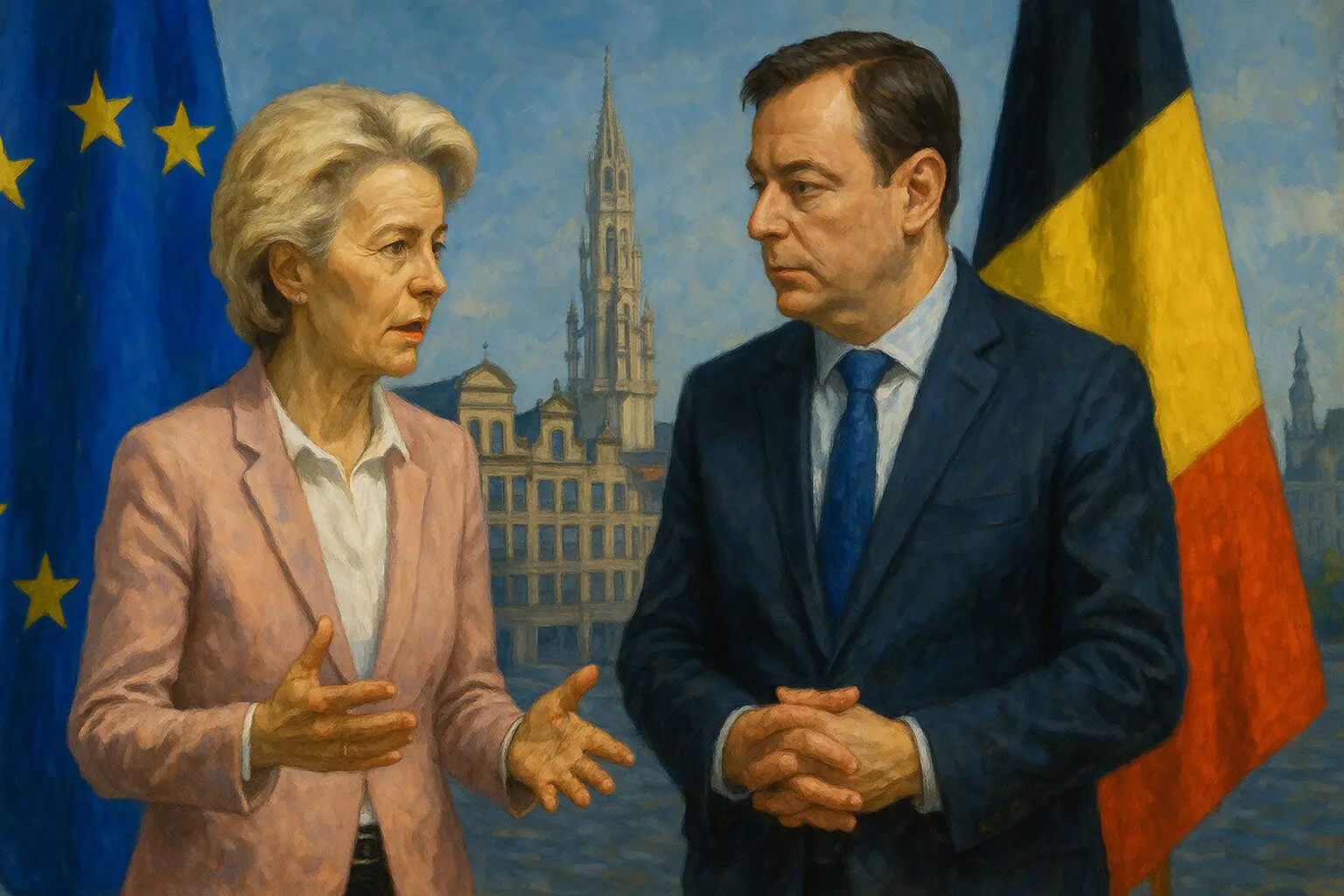One of the most resounding absences from the discussion in Vilnius was what to do about Russia. Although Ukraine’s membership (or lack thereof), Sweden’s accession and debates around F-16s all loomed large, when it came to practicalities around the most pressing threat to European security, there were few strategic viewpoints presented beyond deterrence or total disengagement.
The starkest discussion of Russia came not from the final communique but at the NATO Public Forum – which this author attended – which was held on the side-lines of the summit. In a panel discussion, UK Defence Secretary Ben Wallace noted that it would be a mistake to dismiss statements from Russia’s senior leadership entirely as propaganda. While tempting to cast them as irrelevancies, public statements do give clues about Russia’s political barometer, and a sense as to how the Russian leadership sees the world. Wallace was referring to a now-notorious essay that President Vladimir Putin wrote in July 2021 about Ukraine, which revealed his belief that Ukraine was not a country independent of Russia. Although this essay was not an inevitable precursor to the subsequent invasion, Wallace did suggest that a closer reading of official statements signalled how Ukraine was being discussed at the highest political levels in Russia.
This discussion was part of a point about the potential for nuclear escalation in Ukraine, but revealed more broadly that there are still many things we don’t know about Russian decision-making on warfare – in particular where Moscow’s red lines or thresholds for escalation might be, or a real sense of how the Kremlin is interpreting the West’s actions. For this, it is worth examining views and actions from Moscow in response to the summit.
Preparing for War?
One of the most alarming responses to the summit came from prime-time Russian talk show 60 Minutes, which claimed that the build-up of NATO forces meant that NATO was preparing for war with Russia. Despite clear messaging from NATO that it does not want a conflict with Russia, the summit was framed as escalatory, threatening a direct clash with Russia with Ukraine caught in between. No stranger to hyperbole, deputy chairman of the Security Council Dmitry Medvedev warned that ‘nuclear apocalypse’ was a possible scenario that could mark the end of the war. Then, the day after the summit concluded, Foreign Ministry spokesperson Maria Zakharova went further, maintaining that the subtext of the summit had been for NATO to declare its intention to launch a major European war.
The idea that Russia is on an irreversible course of war with the West is not a new one, and has become a mainstream topic of discussion of late. But if Russia already considers itself at war with the West, and NATO believes that it has done everything to avoid escalation and direct confrontation with Russia, then there is significantly less common ground to work with. It might also be worth considering that a Russia which believes itself already at war may be willing to engage in riskier and more unpredictable behaviour, which makes de-escalation and understanding Moscow’s actual red lines much more of a challenge.
Where are the Red Lines?
It is unlikely to be a coincidence that around the summit, rhetoric from Russia on the use of nuclear weapons escalated. In the build-up to Vilnius, Putin maintained that Russia had moved nuclear weapons to Belarus, and the Ministry of Foreign Affairs (MFA) put out a series of (highly unlikely) conditions for their withdrawal, such as the removal of all US forces in Europe. There have also been other statements from Sergei Naryshkin, head of the SVR (foreign intelligence), that Ukraine is manufacturing a so-called ‘dirty bomb’, likely in an attempt to push a false-flag narrative. Pro-government tabloid Komsomolskaya Pravda suggested that with the increase in NATO (non-nuclear) forces, Russia reserved the right to respond, including with the use of nuclear weapons.
Some of the choreography is important here. It is noteworthy that the MFA’s communication around nuclear posturing came not from Foreign Minister Sergei Lavrov himself, but from a lesser known and more junior official called Alexei Polishchuk, who leads a department on Commonwealth of Independent States – not an area of particular priority for Russia at the moment. Polishchuk has form – he has talked about Ukraine using nuclear weapons before – but it is unusual for his department to be leading on the rhetoric surrounding such a critically important issue.
While it would be unwise to ignore Russia’s signalling around the potential use of nuclear force, it does seem that the Kremlin has come to expect a response from the West whenever it is mentioned, as this returns to the agenda the urgency of opening emergency communication channels with Russia. It is possible that Russia views the West’s response as a potential weakness, or it could be attempting to probe NATO’s own willingness to use nuclear force. Or, it could be seeking to create the future basis for a practical security discussion; with Russia’s suspension of New START in February 2023, there are currently no arms control treaties underpinning nuclear security in Europe – a dangerous scenario that has prompted significant debate among the academic community in Russia, not all of it escalatory. Public sentiment is important here too – a sociological survey released on 13 July indicated that three-quarters of Russians are opposed to the country using nuclear weapons in Ukraine, even if – as the question was framed – it would win the war. The survey may have been commissioned to test the waters, and to determine the extent to which the public’s views are in line with some of the senior leadership’s comments of late.
All of this suggests that discussions about nuclear weapons and their movement to Belarus might represent more of a foreign policy tool than an actual willingness to escalate at a senior level. While it is difficult to determine where Moscow’s thresholds are, there are few issues that grab the West’s attention like the nuclear question, and Russia might have viewed this as an opportunity to insert itself back into the conversation.
What Do We Do with This?
Taking Russia’s foreign policy statements at face value is difficult. As ever, its purported aims represent a myriad of self-interests and often competing and contradictory goals. But if we assume that Russia does believe it is already at war with NATO, then there ought to be a more pressing discussion about what the West does with Russia from here.
NATO’s final communique mentions Russia numerous times as the most significant and direct threat to the world order and international security. But what was not addressed was whether there has been any collective improvement since the war began in the Alliance’s understanding and anticipation of how Moscow thinks – either regarding NATO, or about the conditions for nuclear warfare, or where its other red lines might be. If the answer is that there has not been any improvement, then there does not seem to be an agreed-upon sense of how that could change in the longer term, and the practical implications this would have for military spending or prioritisation of resources.
For a summit focused on security, there did not seem to be much strategic thinking on how to avoid groupthink about a highly dangerous adversary whose thresholds for escalation we do not fully understand.
The views expressed in this Commentary are the author’s, and do not represent those of His Majesty’s Government, RUSI or any other institution.
Have an idea for a Commentary you’d like to write for us? Send a short pitch to commentaries@rusi.org and we’ll get back to you if it fits into our research interests. Full guidelines for contributors can be found here.





